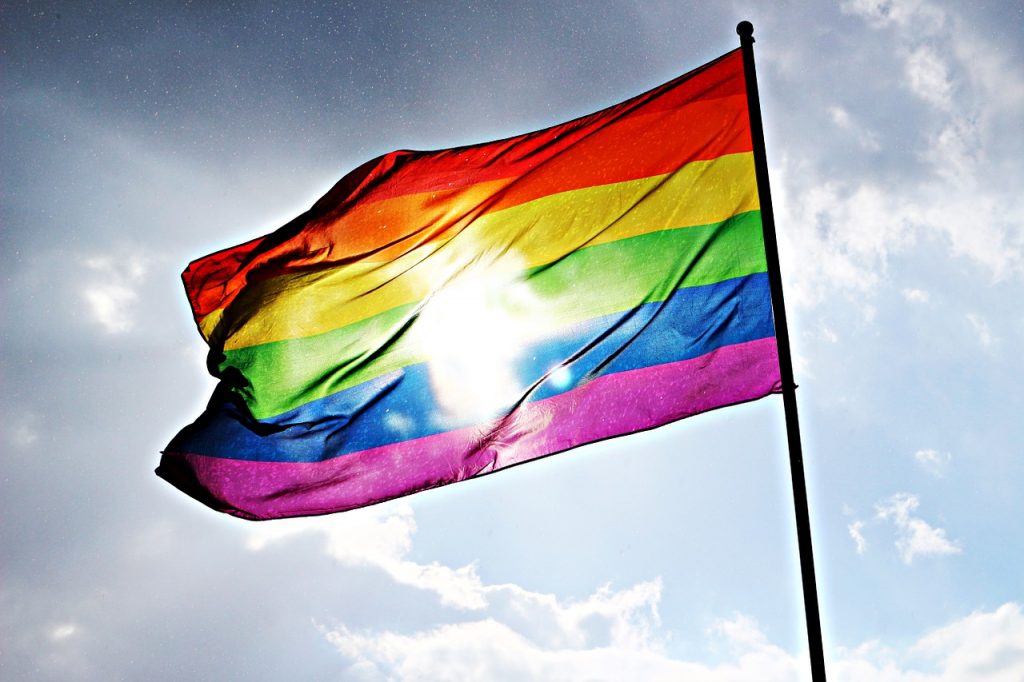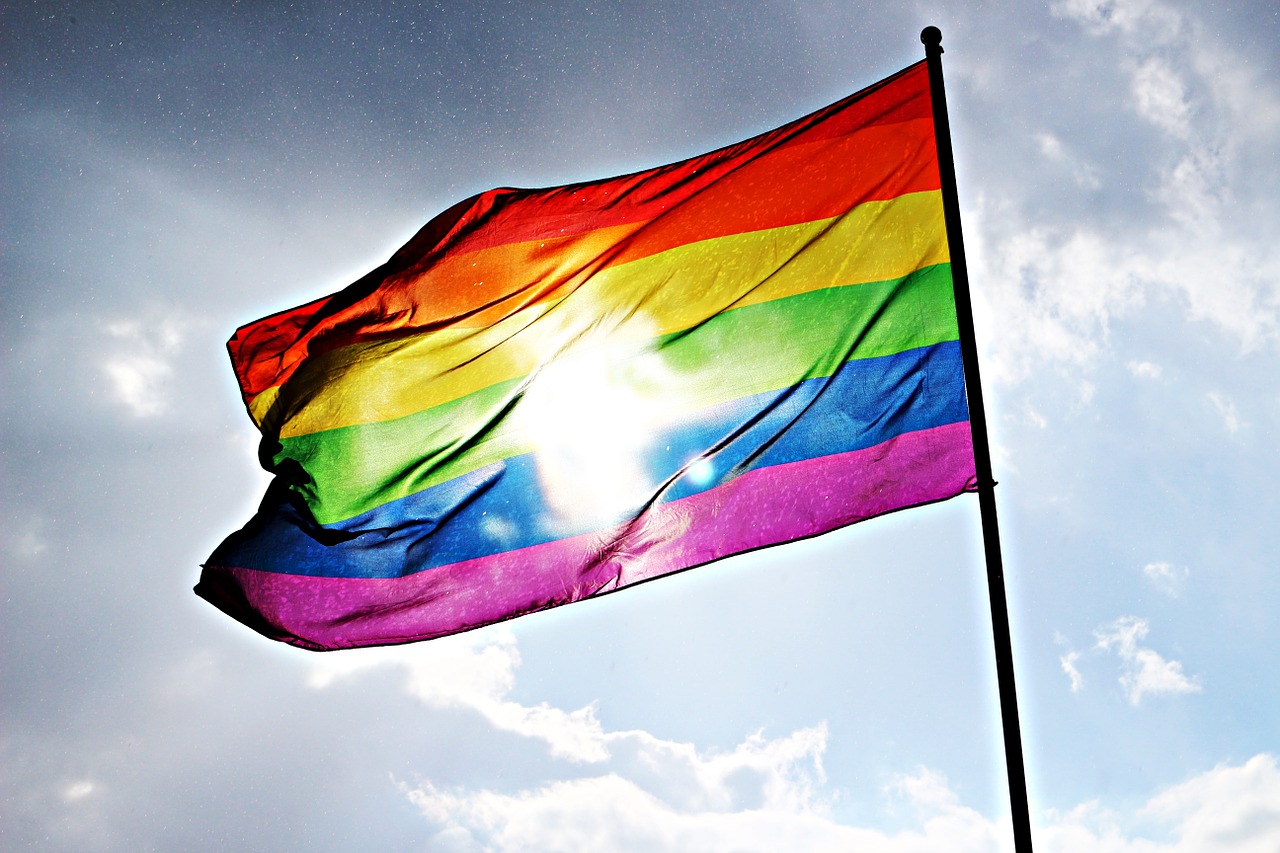
The University of Liverpool has seemingly done away with the labels gay, lesbian and bisexual and replaced it with “sexual minorities” while still referring to straight people as heterosexuals.
In a press release, which was trying to convey that young people born between 1995 and 2015 who identify as a “sexual minority” i.e gay, lesbian, bisexual and pansexual are more likely to experience mental health problems.
“sexual” minorities makes us look as though we are just sexual beings”
Throughout the press release, the University, which worked alongside University College London, repeatedly called LGB people “sexual minorities” however when it came to writing about their heterosexual counterparts, it used the word heterosexuality.
THEGAYUK conducted a flash poll to see what it’s readers thought of the term “sexual minority”
The clear indication from our flash poll was that the majority of those who identify as LGB did not think that the term was right. Over 80 per cent of those who took part said they disagreed with the term and were happy to keep identities labelled as Lesbian, Gay and Bisexual.
One commenter wrote, “‘sexual’ minorities makes us look as though we are just sexual beings, a different sexuality to heterosexuality is a part of who we are not just the sex we may or may not have”
Another added, “totally agree! Sex is one aspect of a human being! I am married to a man, that is not a sexual thing! I am lucky that also part of the luck I have had”
“Attraction not Identity”
According to researchers, it’s about attraction, not identity, a spokesperson for the research said,
“We use sexual minority as an umbrella term to incorporate those who are lesbian, gay, bisexual. We use this term as we only had data about sexual attraction (from the secondary data source used i.e. the millennium cohort study) and not identity which would be more closely reflected by ‘LGB’.
“Our sample were not asked about their identity but only their attraction i.e. have you been attracted to a boy/girl. Furthermore, due to the fact they are likely still navigating their identity at this age i.e. 14 years old (savin-williams, 2011) we did not want to ascribe labels that may change in future and as such sexual minority was a more age appropriate term.”
Discuss this and more in our forum


The story needs to give us more information about what was actually said about these “sexual minorities” in the press release before we can judge whether the “it’s about attraction not identity” line is convincing. It’s pretty poor reporting not to give us substantial quotes from the release.
The story was more about the erasing of identities that have been hard fought for. They also asked the uni for a comment – and printed in full… I think The GAY UK probably has the right to question why an educational establishment is using language that undermines the LGB community by referring to us as just sexual beings rather than a community with a full scope of struggles and identities.
Yes, but describing people as “sexual minorities” seems to be ascribing an identity of sorts as much as describing them as “LGB”, so it may be that what the University said in its press release and then in its response was all pretty incoherent anyway.
Actually, calling us “sexual minorities”–not that I’m in favour of it–doesn’t refer to us “as just sexual beings”, any more than referring to us as “gay” refers to us as nothing but a collections of gay drives and aspirations or any more than a story referring to “cyclists” refers to them as nothing more than cyclists.
But what’s a sexual minority? The last time I checked the sex that gay people have (anal, oral, masturbation etc etc) are all activities that straight people do anything – so what makes us a minority is that those sexual actions are happening between those people of the same sex i.e gay, lesbian and bi people.
I think this another way in which the identity of the label gay, lesbian and Bi is being erased and replaced by another, actually quite offensive term – by an educational establishment, rather than by the community itself. If LGB people came out in favour of it, then fine, no problem, but it’s a term that’s been ascribed to us, seemingly by those who aren’t in the community.
Some LGB people may come out in favour of it, some may not. There is no such thing as a community view, and some of us rather object to being told that we are part of ‘the community’ with all the connotations the phrase has of leadership, decision procedures, common goals, membership voice.
I am not in favour of “sexual minorities” but it could be that the University just took fright at the endlessly ramifying “LGBTQIA,…” initialism, thought “sexual minorities” would do the trick, and then, when challenged, faffed around with its “acts not identities” stuff, especially since, to judge by some online boards, people who are manifestly L or G or B don’t like to say they are and ‘reject labels’ and all that nonsense. (“Ah’m not a label, Ah’m who I aaaam and do what Ah do!”)
It would still be interesting to see what its press release actually saId.
The story “Young LGB+ people are more likely to experience mental health issues” contains more about the Liverpool press release and suggests they were using the phrase “sexual minorities” to refer to people ATTRACTED to the same sex or both sexes. So that “acts not identities” stuff now seems like flannel, since they WEREN’T talking about just acts.
No, I’ve got this wrong. They weren’t excusing themselves in terms of ‘ACTS not identities’, but in terms of ‘ATTRACTION identities’. That makes their response less questionable. Perhaps they were just being very cautious, given how minutely fastidious some people can be about the word used to describe them. I believe researchers at one point started using “Men having sex with men “(“MSM”) for a lot of men doing just that, because if you asked them if they were gay they denied it.
Perhaps if you gotta respect people’s pronouns, you’ve got to respect their chosen adjective to!